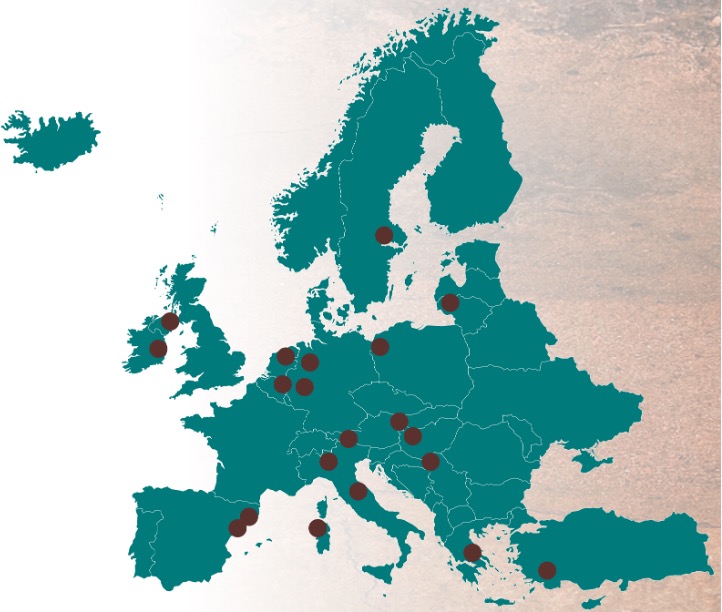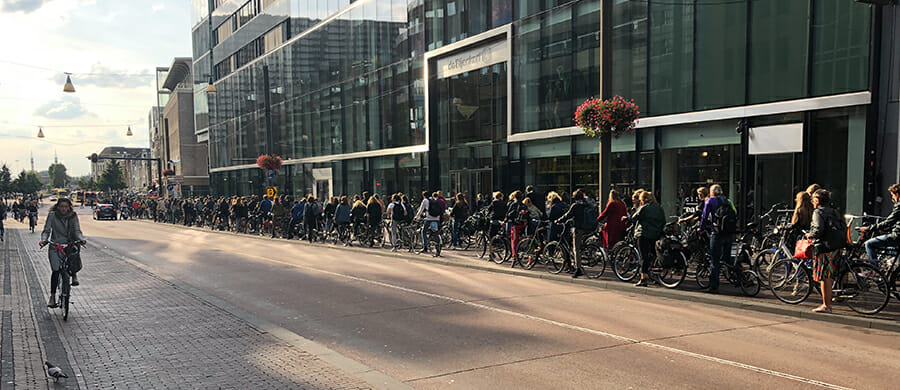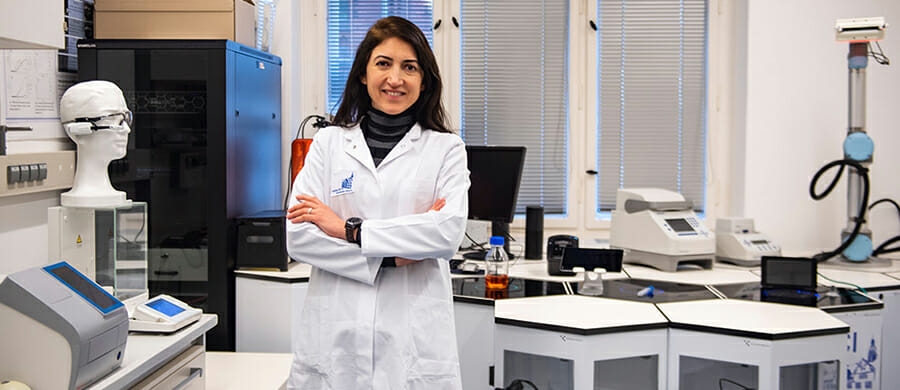DATA & FACTS
Project
2023-2026
Scientific contact
Prof. Dr. Leif Mönter
EU-Funding line
Horizon Europe
Projektleitung: Prof. Dr.-Ing. Arno Kwade
Projektname: „Li-Ion Pilot Lines Network“ (LiPLANET)
Keywords: Energie, Mobilität, Partner
Soil-related education for the future – understanding, protecting, acting
Soils have a key role in the current challenges facing the planet’s future. They are essential carbon reservoirs and therefore highly relevant for climate development, essential for the preservation of biodiversity and the basis of supply for the growing world population. However, soil erosion, soil compaction and degradation are limiting these functions (Heinrich-Böll-Stiftung 2024). The LOESS project aims to raise awareness of the importance of soil and its functions, to sensibilise people to the risks and threats to soil health and to identify opportunities and potential for maintaining and regenerating soil health.
The project LOESS focuses on the development of educational modules and further training programmes as well as activities to develop skills for various target and interest groups in the field of soil-related education.
An important aspect here is networking and cooperation with stakeholders from different areas in the form of Communities of Practice (CoP). Through comprehensive research on the current state of soil-related education and a needs analysis based on this, new learning modules and materials for different target groups and implementation variants are being developed in European cooperation.
Funded by Horizon Europe, 20 partner institutions from 16 countries are working to achieve this goal. The project started in June 2023 and will continue until May 2026. The project team at the University of Vechta is focussing primarily on teaching-learning modules for schools and the collaboration with German stakeholders in a community of practice.
The following countries are part of the consortium: Germany, Belgium, Sweden, Austria, Italy, Spain, Ireland, Slovakia, Netherlands, Serbia, Lithuania, Poland, Turkey, Greece, Hungary, United Kingdom.
Heinrich-Böll-Stiftung (HBS) (2024): Bodenatlas. Daten und Fakten über eine lebenswichtige Ressource. Paderborn: Bonifatius.

Date:
2024
Das könnte Sie auch interessieren …

Projekt: BITS – BICyCLES and its
Bicycles and ITS (BITS) ist ein neues Projekt zum Thema Fahrrad und ITS (intelligente Transportsysteme), das darauf abzielt, die CO2-Emissionen um 9 % zu senken und die Fahrradnutzung in den Zielgruppen um 10 % zu steigern! Eine Verlagerung des Verkehrs auf umweltfreundliche Verkehrsmittel ist dringend erforderlich, da Verkehrsstaus, …

ProjeKt: decades
Die chemische Industrie steht derzeit vor der herausfordernden Transformation, klassische, auf Erdöl basierende Herstellungsprozesse von Chemikalien durch nachhaltige, biobasierte Produkte im Sinne einer zirkulären Bioökonomie zu ersetzen. Insbesondere Lösungsmittel spielen in der chemischen Industrie entlang der gesamten Produktionskette eine…
